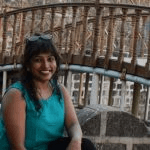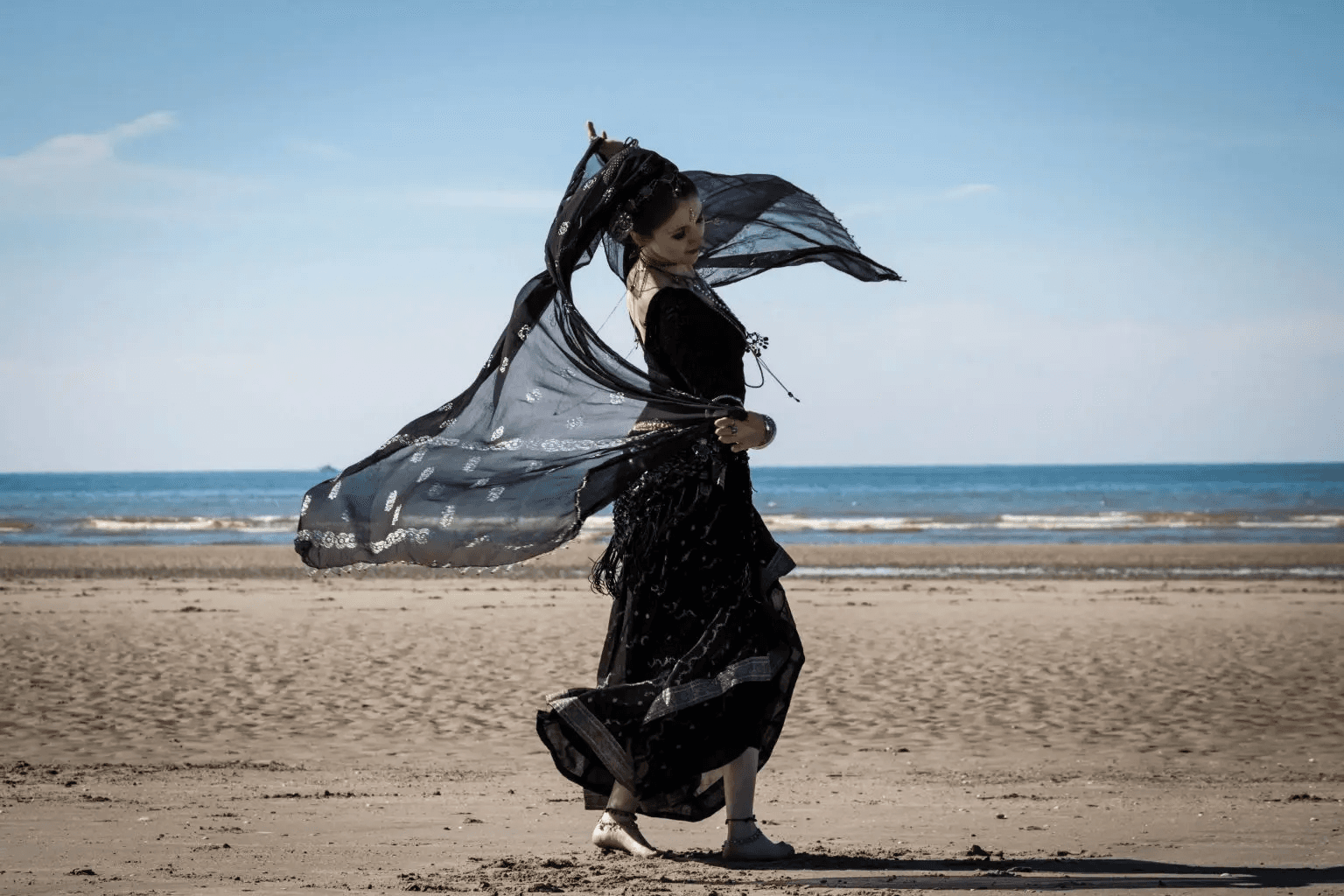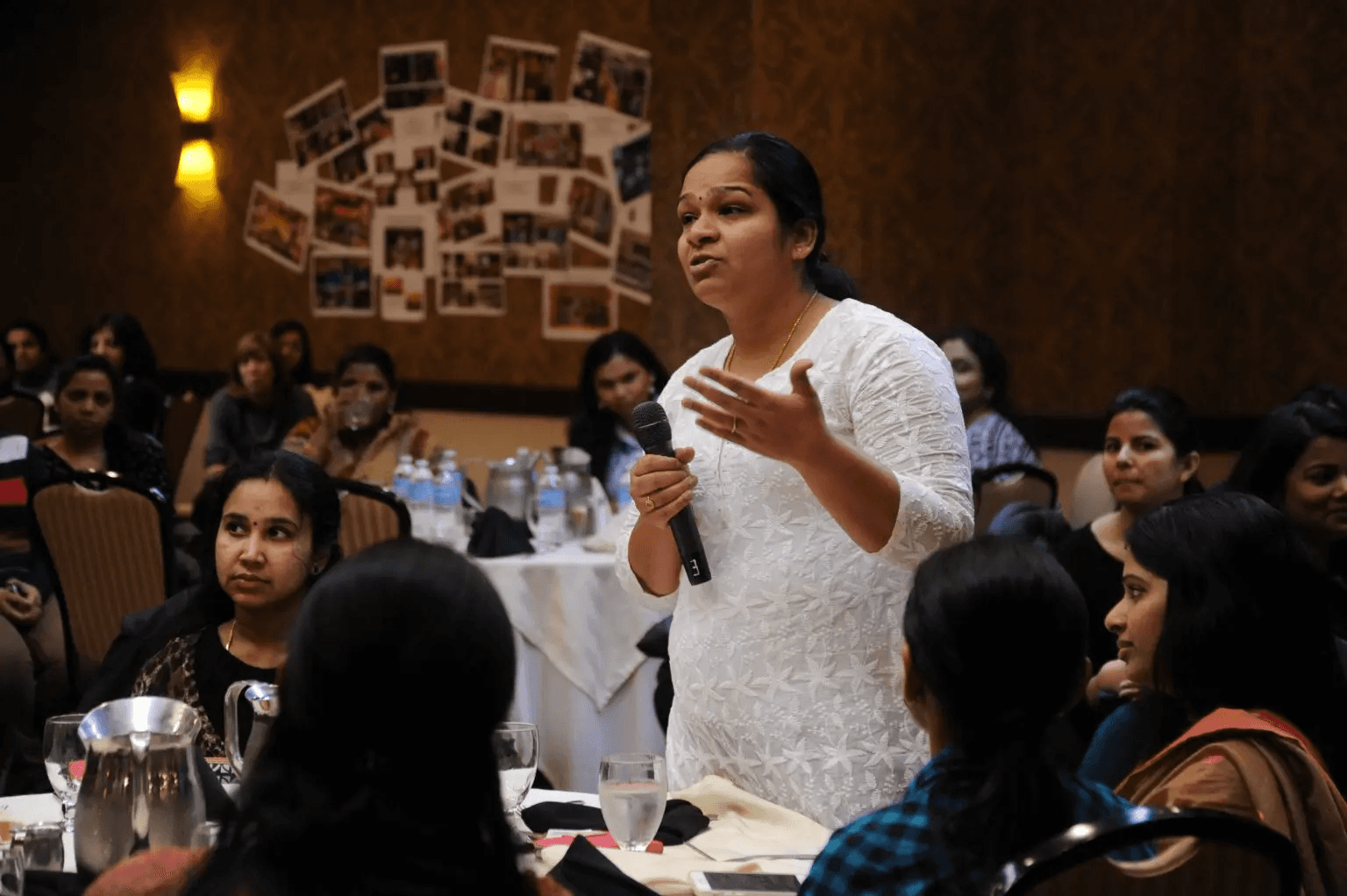
Suchitha Champak
An experience of a lifetime is a collective of choices that change our lives forever. The timing of making these choices determine the quality of our life especially priorities such as our health. Asha, a friend of mine proved it over and again throughout her life while she fought breast cancer. She was ever ready with grit and determination. After she was diagnosed with the gruesome disease, she had no other choice but to fight through it. She underwent chemotherapy and every other way to cure herself. She did not stop there. She wanted to help people around her – (1) fellow patients at the hospital fighting the same battle and (2) also raise awareness amongst other people who were not affected. With the help of some authorities at the hospital, she created a self-help group for other breast cancer patients in order to share experiences, knowledge and pain. Outside the hospital, with the help of a group of friends she started running small campaigns to talk to the lesser fortunate women and educate them about breast cancer. It was rigorous. Unfortunately, her body started becoming weaker day after day and thus she could not go on with her campaigns any more. The energy waned. Lack of initiative, dulled all the public activities and soon faded off as was our hope to save our friend. We had lost. We could not save our friend, Asha.

All of us slowly got busy with our daily chaos but we could never forget the lessons of valor Asha had given us. This experience also told us the importance of paying heed to our body and health. A couple of months after this, something happened. It was déjà vu for us. Neha, another dear friend of mine who was regular to work, suddenly took a day off to visit her doctor. From her regular breast self-examination (BSE), she had noticed a physical change of her breasts. So she immediately had to consult a doctor to express her concerns. The doctor did a few basic tests and referred her to a radiologist for a mammography (X-ray screening of the breasts) since he suspected that she might have a lump in her breasts. The procedure was uncomfortable due to varied reasons but she knew that she had to go through it in order to save herself from grave life threatening situations. The mammogram was positive for a lump in the left breast and thus she was diagnosed to have breast cancer. She was taken aback. She always kept a tab on the little signs and symptoms her body might be showing off. From Asha’s campaigns, she knew how important it was to pay heed to her body and respond accordingly. She very well knew the importance of diagnosing a disease at an early stage. The doctor appreciated her efforts for being aware of the changes happening in her body and taking action immediately.
The radiologist took her through a range of solutions that guided her after diagnosis. She did her homework too. She understood that she had to moderate her lifestyle and food habits so as to complement the treatment she was going to be on. She was immediately put in course of action for surgery after diagnostics determined her cancer type. Her surgery was targeted to removing the lump only and unnecessarily not the entire breast since it was detected at an early stage. At this stage, it is unlikely that the cancer has spread to other parts of the body and therefore mastectomy (removal of the complete breast) was not necessary. As a precautionary measure, she had to undergo chemotherapy (a procedure to kill cancer cells by injecting chemicals/drugs into the body) following surgery to make sure that there are no residual cancer cells left out that might cause the disease to reoccur. In principle, these drugs target all the actively dividing cells in the body and kill them. Hence, as a side effect to treatment, Neha had to lose her hair, she became weak and anaemic.

Throughout her treatment, she had unwavering tenacity to get herself rid of the cancer cells and that resolve won her half the battle. She slowly recuperated, her hair grew back and she became healthy again. This just did not stop here. She enrolled herself in a longitudinal research study that followed up women who were treated for various kinds of breast cancer. This form of data will help researchers understand the epidemiology of the disease in a local context and hence offer better treatment options to future patients. Neha always looked up to Asha for her ability to be able to help other people even in times of crisis. She picked up from where Asha had left. She took on the awareness campaigns seriously and rallied through to various underprivileged groups rigorously to educate them.
Today, after 5 years of diagnosis, with regular check-ups for recurrence of the disease, she showed no signs of any form of cancer reappearing. Thus she was declared disease free. It was a battle won! It was a triumph over the disease, a triumph of discipline and determination. After all, Asha could not have rescued her friend and many other women who might have had the same fate as hers if she had not had the grit to fight back.

Educate people. Enroll victims to self-help groups for better patient care and management.
Disclaimer: This story is fictional and entirely based on the author’s observations about various factors that affect and influence the course of detection, treatment and post-treatment follow-up of breast cancer individuals.
Tags:
Past
,





